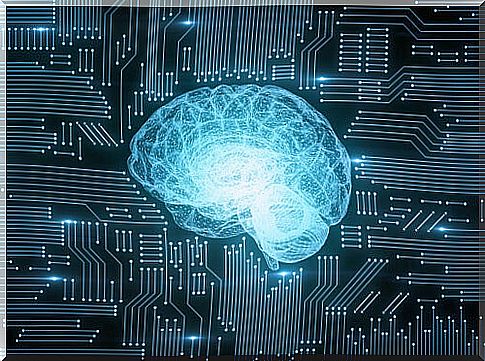Neurorights Or Neuro-rights, Protection Against Neuroadvances

In relation to human rights, a series of approaches has emerged that are truly innovative and that could give another perspective to rights at the legal and conceptual level. We speak of neurorigths or, in Spanish, neuroderechos.
To begin, we will talk about what neuro-rights mean, then we will dive into some of them and, finally, we will cover why we need to pay attention to them. Join us on a tour of this fascinating world that continues to discover new issues.
Neuro rights, what are they?
From the advances in neuroscience, neurobiology and neuropsychology, it has been possible to obtain detailed information about the brain and the rest of our nervous system. Thanks to technological advances, this process is getting faster and faster.
From the hand of these disciplines has arisen the idea of the reconceptualization and creation of new human rights associated with what has been deciphered from the advances. It is about looking at the human mind and what is associated with it from a neuroscientific perspective.
So, neuro-rights are those rights associated with our nervous system. The idea is to protect humanity from the misuse that can be done by studying and manipulating the brain and the rest of the nervous system. In other words, it is important that we protect ourselves from the threats posed by neurotechnologies and brain insights.
What are the proposed neuro-rights?
This is an issue that continues to be worked on. However, it is not entirely new, society has been concerned with the study of the nervous system associated with behaviors, diseases, thoughts and emotions throughout the history of humanity. Even, emphasis has been placed on how to do justice when cases are related to pathologies.
Let’s take a look at some of the proposed neuro-rights:
- Right to personal identity. It consists in having limits that prevent new technologies from altering the sense of self.
- Right to mental privacy. It is about avoiding that the measurements of neural activity and analysis processes are made under the consent of the person.
- Right to equal access. It implies establishing norms that regulate the development of neurotechnologies. And that your application is in tune with beneficence and not maleficence.
- Right to free will. It seeks that people can make decisions freely, autonomously, without being manipulated by neurotechnologies.
- Right to protection against bias. It ensures that neuroscience-based knowledge is not conducive to discrimination. For this, it would intervene in the design of the algorithms in neurotechnologies.
Neuro-rights are in tune with establishing cognitive freedom. They consist of the right of the individual to alter or not their own mental states with the help of neurotechnologies. Furthermore, it is also about the freedom to think autonomously, using one’s own mental abilities and participating in various ways of thinking.
Why pay attention to neuro rights?
To understand neuro-rights, we must emphasize new technologies. Let us remember that its progress occurs in all fields, also in terms of the approach to the nervous system. So now we have technologies that approach this in a way never thought possible.
They are called neurotechnologies or neurotools and are important for neuro- rights because their advance could violate fundamental human rights. However, we are struck by the doubt that, if there is nothing established in the legal field, how can we protect them?
It is essential to pay attention to neuro-rights so that they are in tune with practices of self-care and caring for the other. The idea is not to deny technological advance, but its misuse. Let’s remember that we are not that far from finding previously unsuspected answers to issues like neurodegenerative diseases or criminal behavior. Improper use of these technologies could cause us harm.
Therefore, it is essential, as suggested by Paolo Sommagio, Marco Mazzocca, Alessio Gerola and Fluvio Ferro in their article “Cognitive Liberty” to maintain the rights to freedom of thought, free development of personality, privacy, integrity mental, psychological continuity and freedom to change your mind. As well as protection against intervention in another mind and the preservation of mental integrity.
The social impact of the influence of neuroscientific information associated with innovative technology is overestimated. For this reason, the need has arisen from various research groups to construct a declaration of rights that guarantees our protection against future neuroscientific advances.









